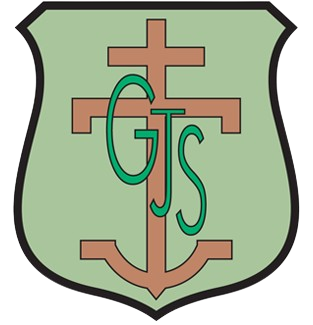ICT Intent
Intent, Implementation and Impact
The National Curriculum for computing aims to ensure that all pupils:
- Can understand and apply the fundamental principles and concepts of computer science, including abstraction, logic, algorithms and data representation
- Can analyse problems in computational terms, and have repeated practical experience of writing computer programs in order to solve such problems
- Can evaluate and apply information technology, including new or unfamiliar technologies, analytically to solve problems
- Are responsible, competent, confident and creative users of information and communication technology.
Intent
At Greengate Junior School, computing is taught using a blocked curriculum approach. This ensures children are able to develop depth in their knowledge and skills over the duration of each of their computing topics.
We have a computing suite and one class sets of ipads to ensure that all year groups have the opportunity to use a range of devices and programs for many purposes across the wider curriculum, as well as in discrete computing lessons.
Employing cross-curricular links motivates pupils and supports them to make connections and remember the steps they have been taught.
The implementation of the curriculum also ensures a balanced coverage of computer science, information technology and digital literacy.
The children will have experiences of all three strands in each year group, but the subject knowledge imparted becomes increasingly specific and in depth, with more complex skills being taught, thus ensuring that learning is built upon.
For example, children in Key Stage 1 at our feeder school learn what algorithms are, which leads them to the design stage of programming in Key Stage 2, where they design, write and debug programs, explaining the thinking behind their algorithms.

Implementation
Our approach to the curriculum results in a fun, engaging, and high-quality computing education. The quality of children’s learning is evident on Purple Mash, a digital platform where pupils can share and evaluate their own work, as well as that of their peers.
Evidence such as this is used to feed into teachers’ future planning, This supports varied paces of learning and ensures all pupils make good progress.
Much of the subject-specific knowledge developed in our computing lessons equip pupils with experiences which will benefit them in secondary school, further education and future workplaces.
From research methods, use of presentation and creative tools and critical thinking, computing gives children the building blocks that enable them to pursue a wide range of interests and vocations in the next stage of their lives.
Impact
By immersing children in high quality texts and focusing on skills and the enjoyment of English, children develop an enthusiasm for the subject. They enjoy talking about their favourite books, discussing the stories they’re writing, and sharing their achievements with other children.
Children’s books show that they continually adopt new writing skills as they progress through the school while drawing inspiration from the books they read in class. Children’s writing is assessed at the start of the year and at the end of each term. This formal assessment complements the day-to-day assessment that takes place in classrooms and in books.
Children are also encouraged to assess their own work. Evaluating their own progress often feeds their eagerness to reach new targets and enables children to talk freely and enthusiastically about their next steps.
